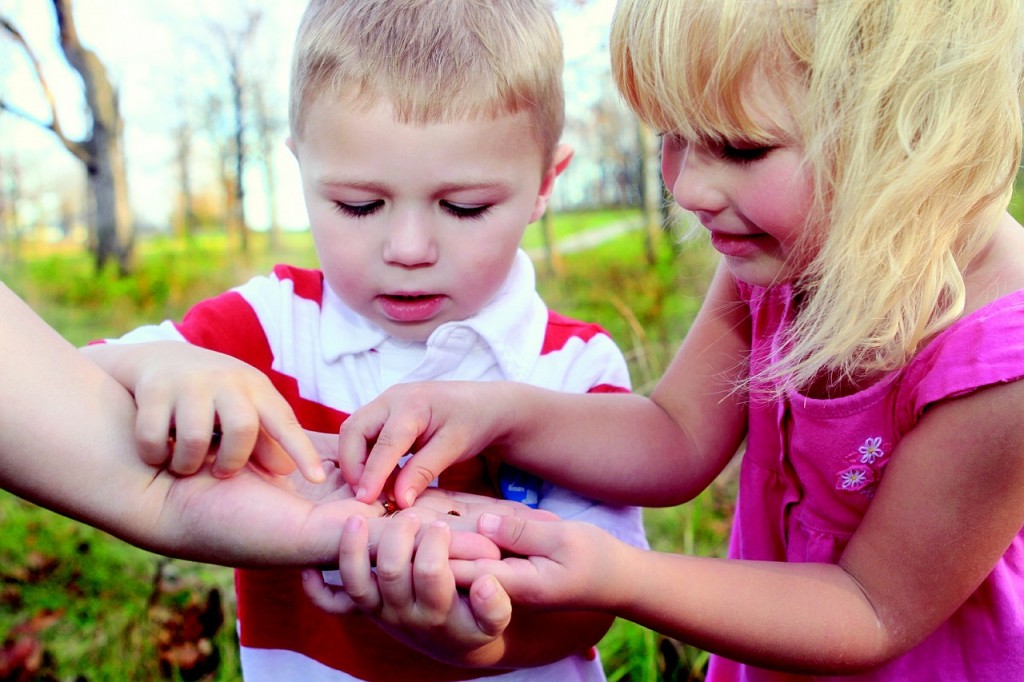Play, not tests, is the way forward


With progress being made on further tests for Scotland’s school pupils, the First Minister tells us it’s vital to know how many children are reaching the required outcomes in literacy and numeracy. However, in 88% of countries worldwide, five-year-old children (the youngest group we will be assessing) aren’t required to meet any ‘outcomes’ in these subjects. Instead, until children are at least six years old, they’re expected to learn through play – the way science tells us is best. Indeed, in the three western nations that scored highest in the OECD’s most recent survey of educational attainment, no child is ‘required’ to read, write or do math before the age of seven.
In Finland, Estonia and Switzerland, youngsters aged three to seven years old spend their days at kindergarten, playing and exploring outdoors or singing, listening to stories and enjoying creative activities like art, drama and music. Since the kindergarten stage is well established in these countries, all adults take it for granted that it’s the best way to lay sound foundations for future learning – and for life in general.
It’s only in the UK and a selection of Britain’s ex-colonies that, thanks to a political decision 150 years ago, we assume children should be in school at five. And thanks to obsession in the English-speaking world with an ever earlier start to formal education, Scottish parents have started to believe that the ‘schoolification’ process should begin even earlier, for four- or even three-year-old children.
By a terrible irony, this drive has coincided with a massive change in children’s lifestyles. Many youngsters now spend little time in the active, creative (mainly outdoor) play that could once be taken for granted during out-of-school hours. Instead, they are more likely to be indoors, swiping at a tablet or staring at TV.
So, in order to develop the physical, social, emotional and cognitive strengths they’ll need for success at school, and beyond, today’s children need more time for play-based learning in the early years, not an increased emphasis on literacy and numeracy. There’s plenty of evidence to support this argument.
For instance, one study shows no difference in reading ability at 11 whether instruction starts at five or seven (although children who start later tend to enjoy it more). Another finds that a later start ‘dramatically reduces inattention/hyperactivity at age seven, a measure of self regulation with strong negative links to student achievement’.
But perhaps the most cogent reason for a new approach to early years is research about the effects of a too-early start on formal education on long-term health and well-being. The Longevity Project, which followed a cohort of middle-class Californians for eighty years, concluded that ‘early school entry was associated with less educational attainment, worse midlife adjustment and … increased mortality risk’.
The social consequences for disadvantaged children are even starker. The High-Scope Foundation found it not only affected school achievement but, by the age of 27, early-starters were significantly more likely to be involved in crime than others, had more problems with relationships, more difficulty in holding down jobs and were less likely to vote.
So rather than investing millions in a new testing regime, why not put the money into establishing a kindergarten stage for the under-sevens? This would fully accord with the developmental principles underpinning Curriculum for Excellence – principles which, due to deeply ingrained cultural attitudes rooted in our very early school starting age, have never yet been put into practice.
High-quality early years experience is far more likely to close the achievement gap than assessing a five-year olds’ grasp of the three Rs. It would also improve the long-term physical and mental health prospects of all Scottish children.
For more information on the campaign to introduce a kindergarten stage in Scotland, visit www.upstart.scot
Want to support Bella to continue? We need your help – please donate HERE.

I have always been of a mind that a strict non flexible curriculum is of no use,is it not better to watch children play/interact,they through their play/actions will over a period show you the areas they enjoy and are good at whereby you can point them in a direction that best serves them,a strict curriculum serves only those it is best suited to leaving others to believe they are failures,if you are academically inclined then the present system suits if you are not tough on you,we should be teaching our kids responsibility/health/life husbandry/respect,respect for themselves and their environs.
FANTASTIC Post.thanks for share..more delay .. …